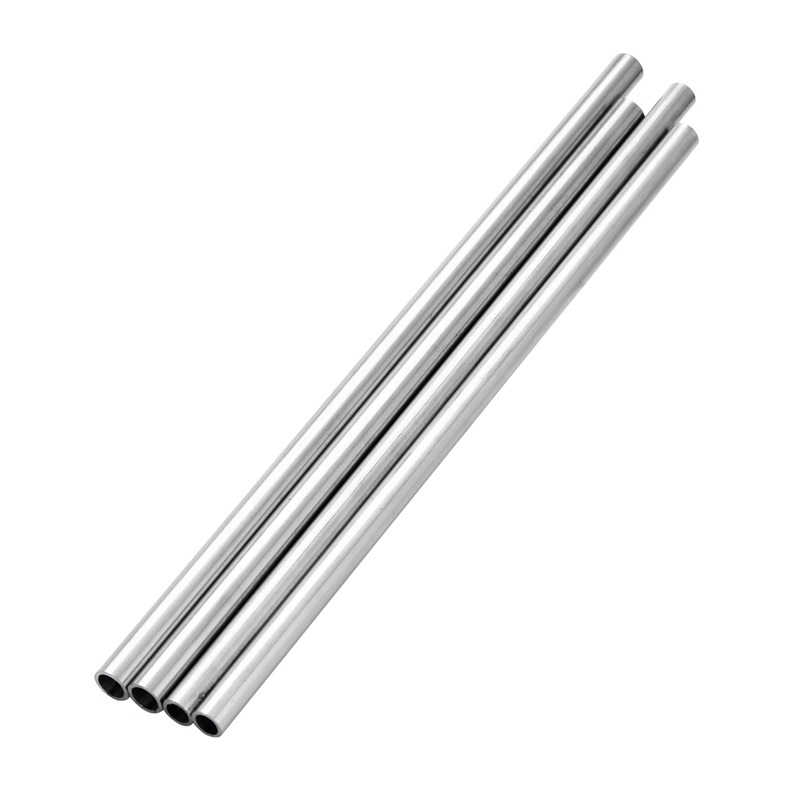
Precision mechanical parts are crucial components in various engineering and manufacturing applications. These parts are designed with a high degree of accuracy and specific tolerances, ensuring that they fit and function properly within a system. Precision engineering is essential in industries such as aerospace, automotive, medical devices, and robotics, where even the slightest deviation can lead to failure or suboptimal performance.
The process of manufacturing precision mechanical parts involves advanced techniques and technologies. Computer Numerical Control (CNC) machining is one of the most common methods used. CNC machines are programmed to produce parts with extreme accuracy, allowing for complex shapes and designs that would be impossible to achieve with manual machining. The use of CAD (Computer-Aided Design) software in designing these parts plays a pivotal role, as it allows engineers to visualize and simulate the performance of components before they are manufactured.
Material selection is another critical aspect of producing precision mechanical parts. Common materials include metals such as aluminum, stainless steel, and titanium, as well as polymers and composites. The choice of material depends on the specific application, mechanical properties required, and environmental conditions the parts must endure. For instance, lightweight and high-strength materials are preferred in aerospace applications, while biocompatible materials are essential for medical devices.

Quality control is paramount in ensuring the integrity and performance of precision mechanical parts. Standard procedures, including measurement and inspection techniques, are employed to monitor dimensions and tolerances throughout the manufacturing process. Tools such as coordinate measuring machines (CMM) and laser scanning are used to guarantee that each part meets the specified design criteria.
In conclusion, precision mechanical parts are the backbone of modern engineering and manufacturing. Their design and production involve a combination of advanced technology, skilled craftsmanship, and rigorous quality assurance processes. As industries continue to evolve and demand higher standards of precision, the importance of these components will only grow, fostering innovation and driving efficiency across various sectors. By investing in advanced manufacturing techniques and keeping quality at the forefront, businesses can ensure they remain competitive in a rapidly changing landscape.